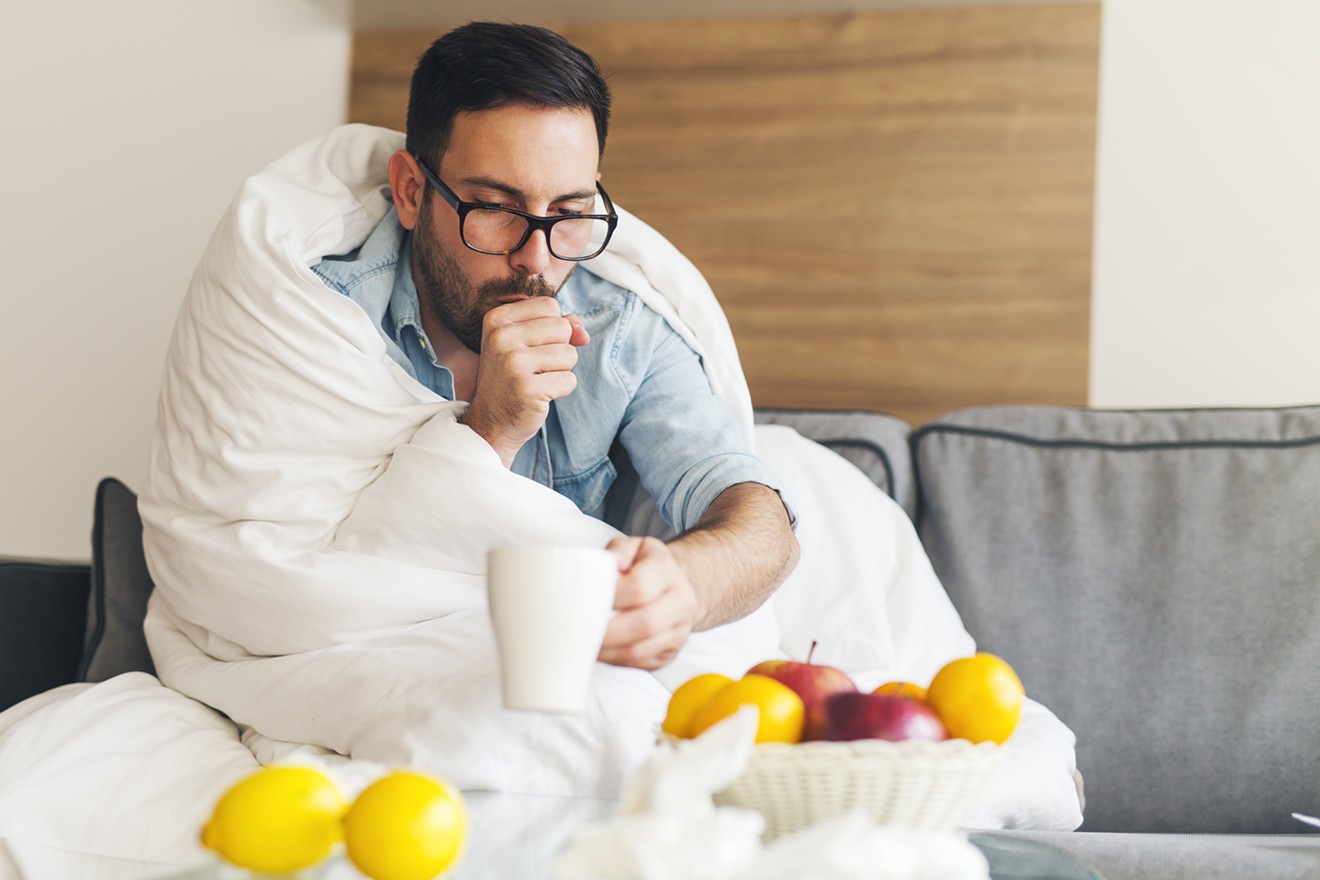“The Austin City Council’s disdain and blatant disregard for the rule of law is an attempt to unlawfully and inappropriately usurp the authority of the state lawmakers chosen by Texas voters and must be stopped,” Paxton said Monday afternoon.
Paxton's argument against sick leave is fairly simple. Texas' state minimum wage law, the attorney general says, requires employers paying wages in the state to follow the federal Fair Labor Standard Act, which requires U.S. workers to be paid the federal minimum wage.
Texas state law prohibits any municipality from setting its own minimum wage outside of the FLSA. Because the FLSA only requires employers to pay employees for hours worked, it is against the Texas Constitution for a city to order employers pay employees for hours they haven't worked, Paxton argues.
Austin's ordinance, like the one workers' rights advocates are petitioning to have placed on the ballots in Dallas and San Antonio this November, requires employers to guarantee workers one hour of paid sick time for every 30 hours worked, up to a maximum of six or eight days per year, depending on the size of the employer.
Jose Garza, the executive director of the Texas Workers Defense Project, the group leading the ballot drive in Dallas, says he's confident the Austin ordinance will stand up in court and that sick leave will pass in Dallas and San Antonio in November."We're not surprised that the attorney general doesn't think that people who work in Texas should have the ability to take a day off when they get sick." — Jose Garza, Texas Workers Defense Project
tweet this
"We're not surprised that the attorney general doesn't think that people who work in Texas should have the ability to take a day off when they get sick," Garza says. "This is a frivolous lawsuit initiated by special interest groups that are linked to the Koch brothers. ... It's a lawsuit that's seeking to undermine the democratic process and take away a basic right from hundreds of thousands of people who live and work in Austin."
One of the initial plaintiffs in the suit is the National Association of Independent Businesses, which receives extensive funding from the Freedom Partners Chamber of Commerce, a group that has deep ties to the conservative Koch family business and political empire.
The lawsuit, Garza says, is simply meant to distract the public as efforts ramp up to collect the signatures needed to get paid sick leave on the ballot in Dallas.
"We feel like their legal claim is laughable and not serious. It's clear that this is a political attack," Garza says. "We are confident that we are going to prevail both in court and at the ballot box."












